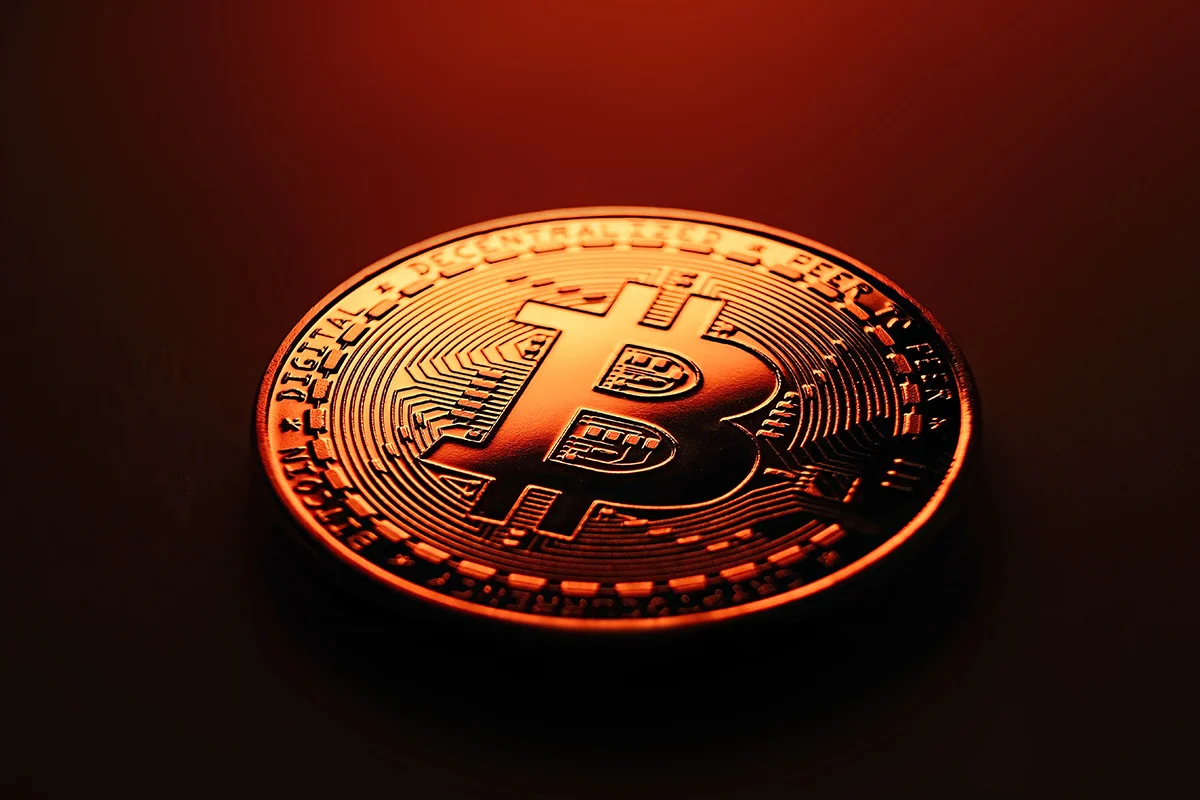TLDR
- Bitcoiners have strongly criticized a new soft fork proposal due to legal threats and potential consequences for rejecting it.
- The proposal, created by Luke Dashjr, aims to restrict data in Bitcoin transactions to prevent illegal content on the blockchain.
- Critics argue that the language in the proposal contradicts Bitcoin’s core principles of decentralization and permissionless use.
- Many believe that the legal threats tied to rejecting the fork are an attack on Bitcoin’s freedom and decentralized nature.
- The controversy raises concerns that the network could split, leading to further fragmentation within the Bitcoin ecosystem.
A new Bitcoin Improvement Proposal (BIP) has sparked widespread backlash from the Bitcoin community. The proposal suggests a soft fork that would restrict data on the blockchain, citing potential legal consequences for those who reject it. Critics argue that the language used undermines the core principles of Bitcoin, particularly its permissionless nature.
The proposal, crafted by Bitcoin Core developer Luke Dashjr, targets transactions involving large data payloads. It aims to restrict the size of data in Bitcoin transactions, a measure designed to prevent the embedding of illicit content on the blockchain. However, controversy arose over language in the proposal that suggests legal and moral consequences for users who oppose the changes. Specifically, the developers warned that rejecting the soft fork could result in the creation of an alternative cryptocurrency, similar to Bitcoin Cash.
Bitcoiners swiftly voiced concerns over the wording in the proposal. Some view the threat of legal consequences as a direct attack on Bitcoin’s decentralized nature. Many argue that any form of censorship or restrictions contradicts the principle of an open and permissionless blockchain. “Rejecting this soft fork may subject you to legal or moral consequences,” the proposal states, stirring fears of a chilling effect on Bitcoin users’ freedom.
Bitcoiners Criticize Legal Threats in Proposal
The backlash centered on the perceived coercion within the proposal. Critics argue that the wording is an attempt to enforce the adoption of the soft fork under duress. Ben Kaufman, a coder and software engineer, called the proposal “an attack on Bitcoin” and stressed that it undermines the cryptocurrency’s core principles.
Canadian cryptographer Peter Todd also expressed concern, stating that the language reflects an expectation that the soft fork would be adopted due to legal pressure. “It’s clear he expects his soft fork to get adopted due to legal threats,” Todd remarked. The legal implications tied to rejecting the proposal could be seen as a new level of centralized control over what is supposed to be a decentralized network.
Done with a decade old script that doesn't even use segwit, let alone taproot.
100% standard and fully compatible with @LukeDashjr's BIP-444. https://t.co/Ab7t82KYrk
— Peter Todd (@peterktodd) October 26, 2025
As the debate intensifies, some fear that the controversy may lead to a network split. If miners and users resist the soft fork, the blockchain could experience a chain split, leading to an even more fragmented Bitcoin ecosystem. The split would mirror past incidents like the creation of Bitcoin Cash (Bcash), further complicating the Bitcoin landscape.
Bitcoin’s Freedom at Stake
The controversy also highlights broader concerns over Bitcoin’s freedom and permissionless nature. Bitcoin was initially designed to challenge traditional financial institutions and empower individuals. Restricting data on the blockchain or imposing legal threats contradicts this vision, critics argue.
Some Bitcoin users believe the proposed restrictions are a response to concerns about illegal content, particularly after the Bitcoin Core v30 update. However, critics question whether this is the right approach, fearing it could set a dangerous precedent for censorship.
Dashjr himself appeared to acknowledge the potential confusion surrounding the proposal. In comments on the backlash, he suggested that the legal threats were not intended to be taken as definitive. However, the damage may already be done, as many in the community view the proposal as an assault on Bitcoin’s freedom.
Despite the controversy, Dashjr maintains that the proposal has strong technical backing. He believes the soft fork will proceed without significant technical objections. Nonetheless, the outrage from the Bitcoin community suggests a deep division over the cryptocurrency’s future direction.





